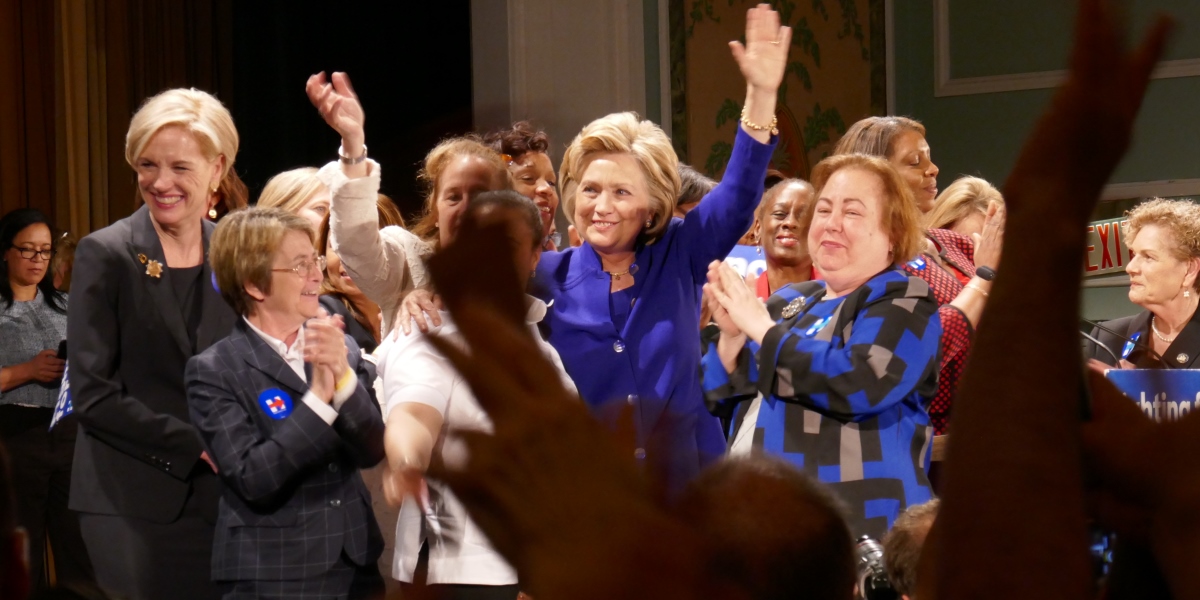
After US Elections, Focus Should Turn To What Went Wrong
The race for the presidency in 2016 once more demonstrates this global dimension and the possible impacts of this election on the U.S.'s image and credibility. Since the beginning of the campaign, the world has closely watched the statements of presidential candidates in the primaries
Share
Due to the increasing speed and density of news as a result of advances in technology and the rapid spread of information around the globe, presidential elections in the U.S. have become a highly circulated event that hundreds of millions of people follow closely. Television, and later the internet age, brought a totally different dimension to the U.S.'s political relationship with the international community. In recent years, with the rise of social media, even the Democratic and Republican Party primaries began to generate major international interest, and today even the race for the nomination is followed by millions. Without a doubt, the popular campaign of President Barack Obama was a watershed event in terms of globalizing U.S. presidential elections. The great interest in the campaign could be seen in then Senator Obama's Berlin speech in which hundreds of thousands of Germans attended. Many in 2008 considered the election campaign a critical turning point in the history of presidential elections. Thus, in the 2008 elections both the Republican and Democratic presidential candidates recognized the significance of their messages and that with the more widespread use of the internet, the presidential election means more than an ordinary presidential election.
The race for the presidency in 2016 once more demonstrates this global dimension and the possible impacts of this election on the U.S.'s image and credibility. Since the beginning of the campaign, the world has closely watched the statements of presidential candidates in the primaries. Candidates' "innovative" policy recommendations to prevent immigration and "creative" proposals to provide national security shocked millions. The visions of some of these candidates about world politics and their opinions about U.S. allies generated much anxiety. This election campaign is taking place in a period when U.S. credibility and standing have been seriously impacted as U.S. policies resulted in further concerns about the direction of U.S. politics and foreign policy.
The main question for millions is if we are seeing a real American decline following many years of debate on this issue among scholars and observers of American politics. Instead of education, economy, infrastructure or healthcare, the state of politics in the U.S. presidential election makes it more obvious that the U.S. is having serious problems. This decline is not only in the standing and image of the U.S., it is also about the state of politics and public debate in the country.
It is also shocking for many Americans to see the state of their domestic politics, but there is a possibility that these shocking statements are about to become the new mainstream in the country. If it becomes reality, we will see a real decline of the U.S. in the international system. The real question will be: What went wrong in the U.S.?
[Daily Sabah, July 11, 2016]
Tags »
Related Articles






